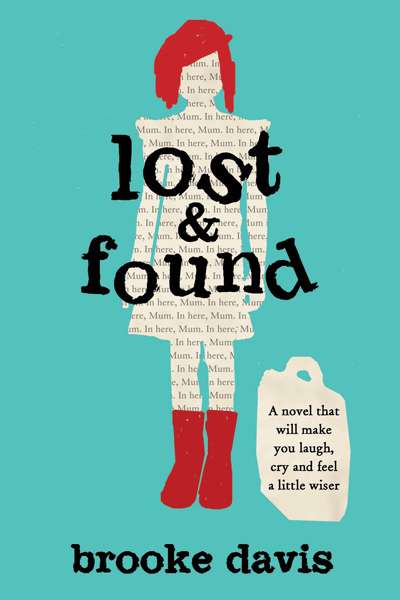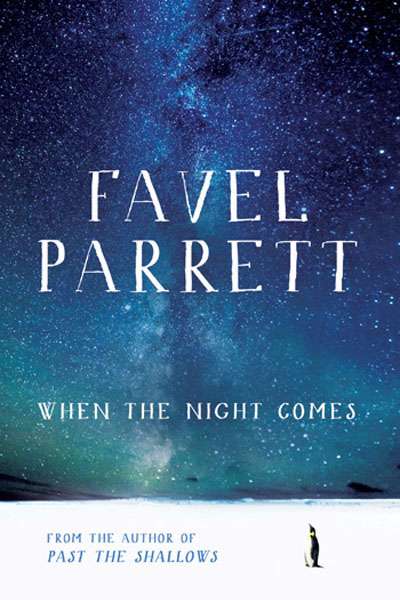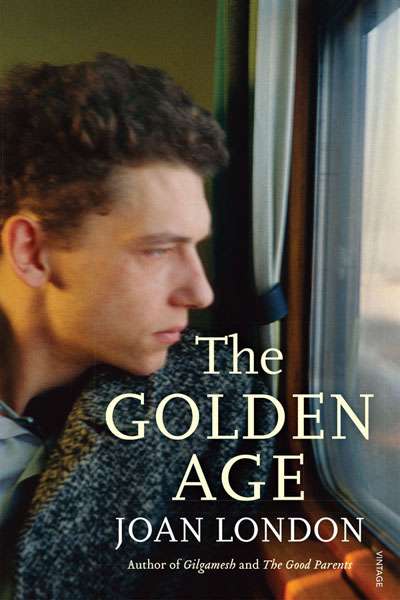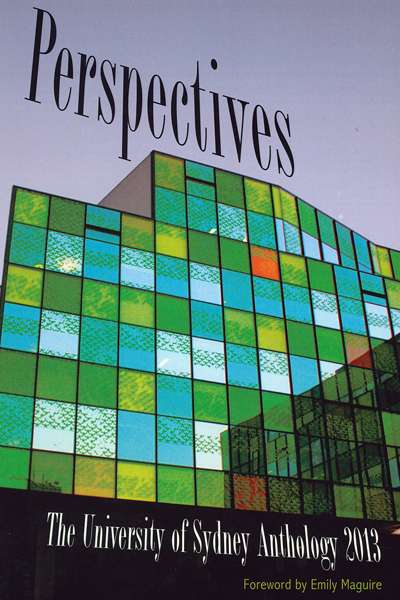Australian Fiction
In the spirit of our annual ‘Books of the Year’ feature, in which we ask a range of writers and critics to nominate their favourite new fiction and non-fiction titles, we asked ten Australian short story writers to nominate their favourite short story collections and individual stories. As this is the first time we have run a short-story themed feature of this nature, our ten writers were free to nominate older titles if they wished to do so. Our only request was that at least one of their selections should have been published recently and that at least one be by an Australian author.
... (read more)Are You Seeing Me? by Darren Groth & The Minnow by Diana Sweeney
Anybody who knows a little about the role played by Australian horses in World War I will know that the story did not end well for the horses: 136,000 left these shores, and one returned. Readers of Morris Gleitzman’s Loyal Creatures (Viking, $19.99 pb, 160 pp) who are unaware of this statistic might be in for a shock.
At the outbreak of war, Frank Ballantyne, not quite sixteen, is working with his father, sinking bores and locating water for farmers in the outback. It is a skill that will serve Frank and the army well in the deserts of Egypt and Palestine, which, after lying about his age, he finally reaches – with his horse Daisy, and his father, who has also enlisted – in 1915.
... (read more)







